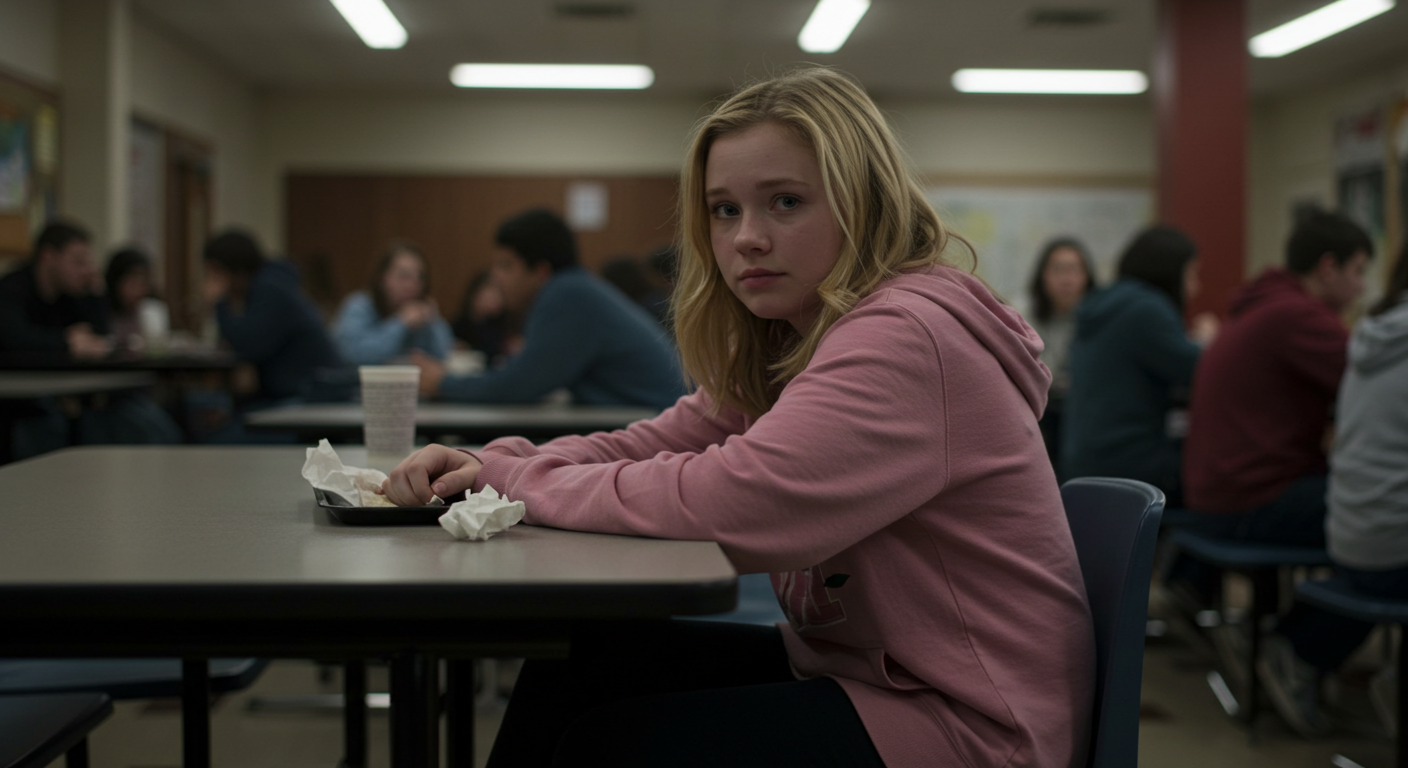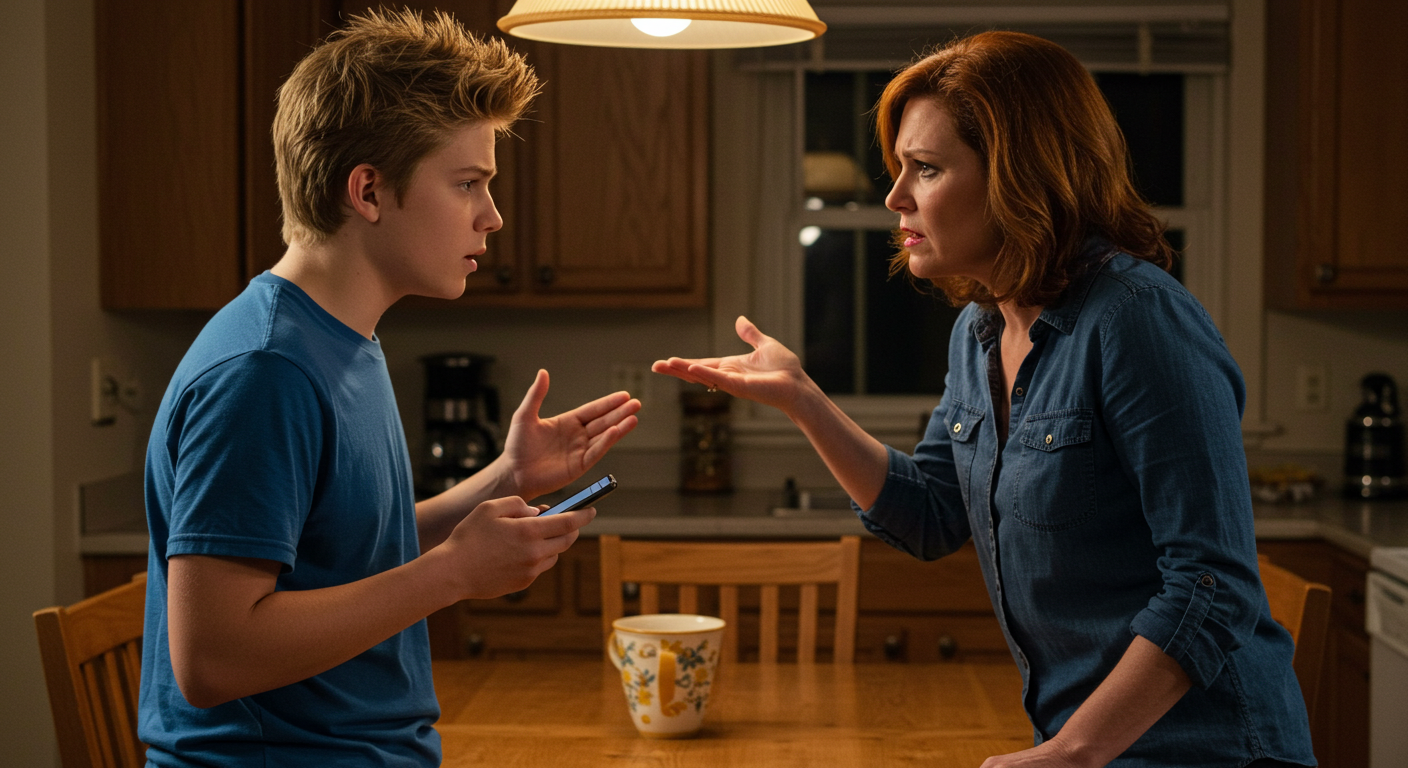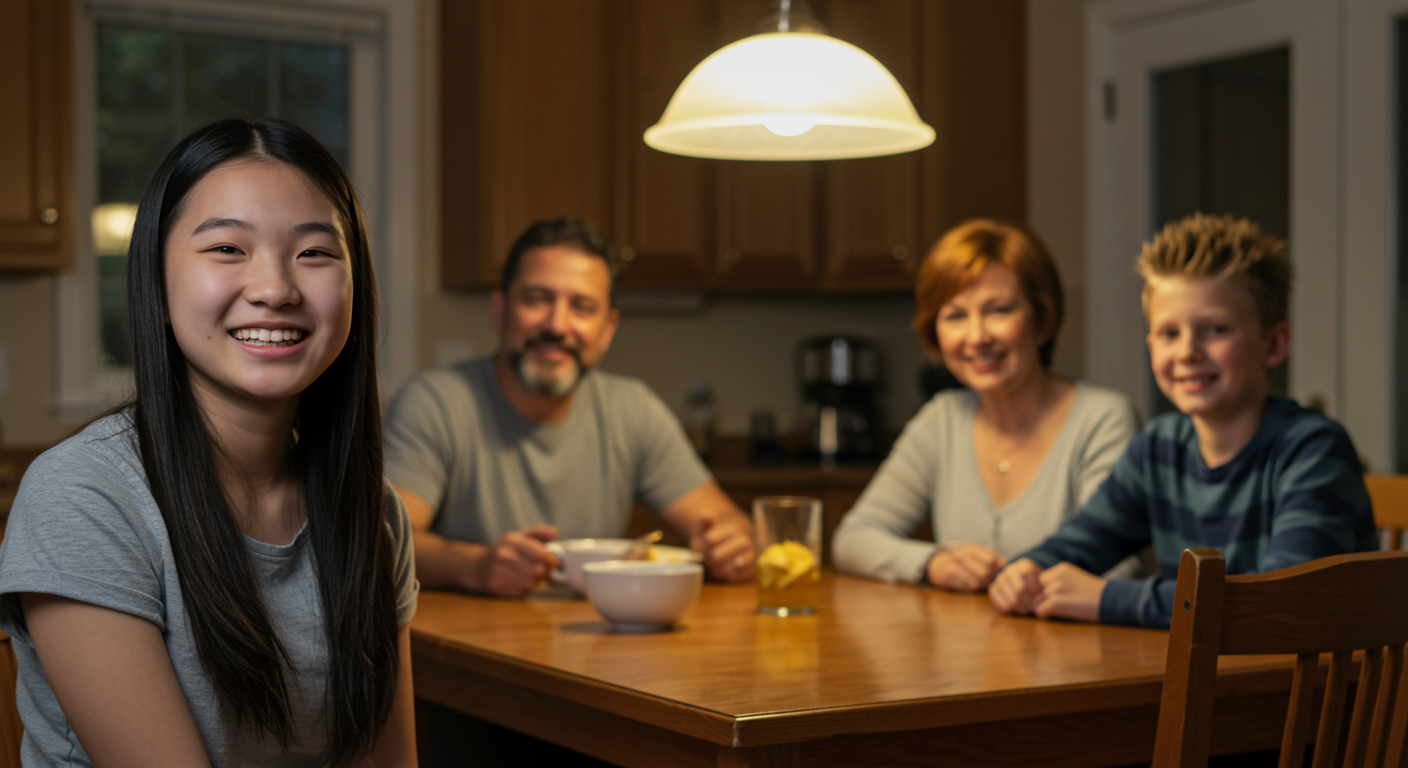Unspoken Struggles: The Mental Health Impact of Teen Friendships
Teen friendships may seem like a casual part of growing up, but in reality, they hold incredible emotional power over a teenager’s life—especially their mental health. As a child transitions into adolescence, brain development takes a dramatic shift. Neurological changes begin to prioritize social bonding, meaning teens feel a greater need to connect with their peers. These changes are not merely emotional—they are physiological. The parts of the brain responsible for connection, empathy, and social learning become more active. This is why friendships start becoming a teen’s main emotional outlet. Their peer group begins to define their identity, self-worth, and even their mood. Adults often underestimate the gravity of these bonds. What might appear to be “just friends” on the surface could be the most important emotional anchor in a teenager’s world. At this stage, one good friendship can boost a teen’s confidence, while one toxic relationship can leave lasting emotional scars. For the teen, these relationships are not secondary—they are central to how they navigate the world. That’s why it’s vital we take a deeper look into how friendships shape teenage mental health, both positively and negatively.

Friendships as Emotional Anchors
Teenagers often confide more in their friends than in their parents. Friends become their primary source of comfort, advice, and affirmation. Whether they’re celebrating successes, navigating heartbreak, or dealing with school stress, teens frequently turn to their peers first. This makes friendships a vital part of their mental and emotional ecosystem. When friendships are positive, they help teens feel valued, seen, and accepted. Such friendships can even act as buffers against stress, school anxiety, and loneliness. But when these relationships become strained, one-sided, or toxic, they can have the opposite effect. A friend’s betrayal or emotional distance can crush a teen’s confidence. This is especially true for adolescents who haven’t yet developed strong internal coping mechanisms. The intensity of teen friendships can create emotional highs and lows that feel overwhelming, and sometimes even unbearable. Teenagers don’t always understand how to express when they’re hurt by a friend—they might isolate themselves, become angry, or fall into silence. Over time, these negative experiences can increase the risk of depression, anxiety, and emotional withdrawal. Parents and mentors need to help teens learn how to identify the signs of healthy versus unhealthy friendships so they can navigate their social world with wisdom.

The Reality Behind Teen Friendships
What looks like fun and closeness to adults may carry emotional turbulence for teens. Frenemies, silent treatments, jealousy, and exclusion often hide beneath the surface of teen friendships. Because adolescents are still developing emotionally, their sensitivity to rejection and approval is heightened. A single harsh comment or an ignored text can feel catastrophic. Teens may become moody, angry, or self-critical without even realizing their behavior is linked to a strained friendship. Toxic friendships—those built on manipulation, constant criticism, or comparison—can severely damage a teen’s sense of worth. Some teens might change their entire personality or values just to maintain a bond that is actually hurting them. And because their social life is now their emotional lifeline, they often won’t admit when a friendship has become harmful. Instead, they try harder to gain approval, becoming more emotionally drained in the process. Many teens are also afraid of being alone, which is why they cling to relationships that no longer serve them. The danger here is that long-term exposure to toxic peer dynamics can lead to emotional numbness, heightened stress responses, or a deeply rooted belief that they’re not good enough. That’s why emotional education and support from trusted adults are critical during this stage.

When Peer Bonds Overshadow Family
Adolescence is often a period of “social reorientation,” where teens shift their attention away from family and toward their peer group. It’s a natural and expected part of development, but it comes with risks if not carefully managed. Teens may begin to devalue time with their parents or siblings, assuming their friends are the only ones who truly “get” them. This shift in loyalty can lead to emotional distance within the family. When friendships are going well, teens are cheerful and responsive. But when there’s conflict with their peers, the emotional fallout often spills into their home life. You might notice them withdrawing, avoiding eye contact, or expressing sudden irritability. Worse still, they may become emotionally dependent on their friends, using these relationships as their only source of joy and validation. This can affect how they handle future relationships—including those with romantic partners, spouses, or even their own children. A teen who never learns to balance family connection with peer bonding may grow into an adult who struggles to set healthy relational boundaries. That’s why parents must remain emotionally available, creating safe, judgment-free zones for teens to process their feelings and find comfort without needing to leave home to feel understood.

When Friendship Feels Like Heartbreak
Teens feel things deeply—often more deeply than they let on. That’s why the end of a friendship can feel like the end of the world. A falling out, ghosting, or slow drift apart can leave them feeling abandoned and emotionally exposed. Many don’t have the language to express that grief, so it manifests as mood swings, withdrawal, irritability, or even physical symptoms like headaches or fatigue. What’s especially powerful is that the same area of the brain activated by physical pain is triggered during social rejection. This isn’t just an emotional reaction—it’s neurological. Loneliness and abandonment truly hurt. And when a teen has invested all their emotional energy in a single friendship, the pain of losing it can mimic the intensity of a romantic breakup. Unfortunately, many adults minimize this pain, telling teens to “get over it” or “make new friends.” But what teens really need is someone to help them process the grief, understand their feelings, and reassure them that healing is possible. Parents can help by normalizing heartbreak and teaching their children emotional resilience—the ability to move forward without losing faith in themselves or their future connections.

Peer Pressure and Emotional Drain
Teen friendships often bring with them an intense pressure to fit in. Whether it’s copying how friends dress, act, speak, or what they post online—there’s an unspoken need to match the energy of the group. Teens may feel like they’re falling behind or being left out if they don’t go along with the crowd. This can lead to overcommitment, anxiety, and even identity confusion. When peer pressure crosses the line into coercion or manipulation, it becomes a silent drain on mental health. A teen may begin participating in things they’re uncomfortable with—like sneaking out, drinking, or oversharing online—just to maintain their place in the group. The mental load becomes exhausting. Every action starts to feel like a performance. This constant need for social approval creates a loop of anxiety, especially if the teen doesn’t have a strong sense of self to fall back on. Research has confirmed a strong link between peer pressure and depression in adolescents. Teens who feel they must always match up or compete often suffer in silence, pretending to be fine on the outside while battling insecurity and exhaustion on the inside.

The Takeaway: Building Balance and Belonging
Teen friendships are a vital and beautiful part of growing up. They offer laughter, support, and shared memories that can last a lifetime. But they can also come with unspoken struggles, especially when teens haven’t been taught how to build healthy boundaries or process emotional setbacks. That’s where parents and caregivers come in. The goal is not to stop teens from making friends—but to equip them to choose wisely, love bravely, and bounce back when bonds break. One of the best gifts a parent can give is presence. Be there to listen. Be there when their friend lets them down. Be there when they feel confused, hurt, or out of place. Teach them that their worth isn’t defined by popularity or approval but by the love and value they already hold within. When a teen feels emotionally safe at home, they are less likely to seek unhealthy validation from others. Help them understand that true friendship doesn’t hurt, manipulate, or shame. And above all, remind them that while friendships may come and go, home should always be where the heart is—and where healing begins.


